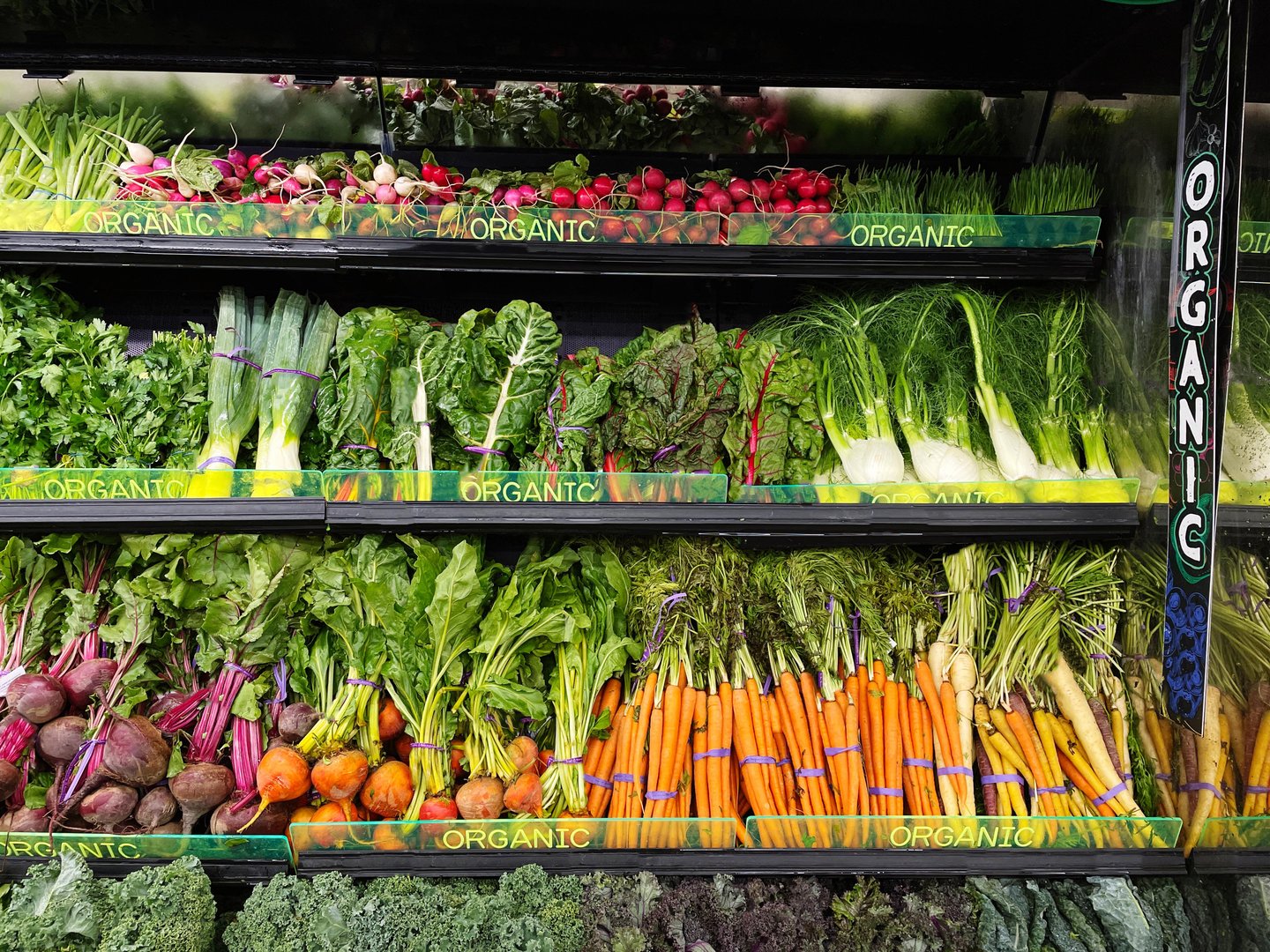Organics market: Latest snapshot highlights growth and challenges
Consumer appetite for organics remains steady, but the number of people bringing organic products from farm to plate is on the decline.
According to the 2024 Organic Quick Facts report by Canada Organic Trade Association (COTA), there has been a slight decrease in the number of certified organic producers, processors and livestock producers across the country. Specifically, the number of certified producers has declined by 104, a 2% decrease since 2022, while the number of certified processors and livestock producers also saw reductions of 1% and 3.7%, respectively.
“Many farmers are aging out and selling their land,” COTA’s executive director Tia Loftsgard tells Canadian Grocer. “This is something that is being experienced across all agriculture, not just in organic.”
READ: Aging population will widen labour gap in Canadian agriculture
At the same, though, the number of certified organic acres has slightly increased by 0.8%, reaching 3.18 million acres, according to COTA. Saskatchewan and Quebec are major contributors to this growth. “The slight decline in operators teamed up with a slight increase in acreage showcases that farms are growing despite some operators aging out and/or leaving the system or farming altogether,” says Loftsgard.
Overall, the organic sector grew by 11% since 2020, with the total market value reaching $9 billion by the end of 2023. “With all the bumps in the road in the economy, organic has been in a holding pattern,” says Loftsgard. “We are not seeing the drastic growth we have seen in prior years.”
However, the report points to sustained consumer demand for organics. “Canadian consumers continue to spend heavily on organic products, with demand holding steady even amidst inflationary pressures,” she says. Two-thirds of Canadians purchase organic products weekly, and consumer spending remains strong at $7.18 billion in food and beverages.
The report also highlights the environmental benefits of organic farming practices, emphasizing the role organic plays in mitigating climate change by sequestering carbon and reducing greenhouse gas emissions, alongside delivering products with fewer synthetic chemicals and pesticides.
READ: Greening the supply chain
The release of the Organic Quick Facts report coincides with Organic Month this September. As part of the celebrations, COTA is organizing a series of events and initiatives to promote the benefits of organic farming and products, including webinars, a livestream, a moving screening, a workplace challenge, contests, and more.
Grocers can get involved in a variety of ways through COTA’s retailer program. For example, they can offer special discounts and in-store promotions; host events such as in-person tastings and demonstrations, or virtual events such as live streams; collaborate with organic brands on samplings and giveaways; and host workshops, inviting to give talks on organic farming, the health benefits of organic food, or sustainability to educate customers.



